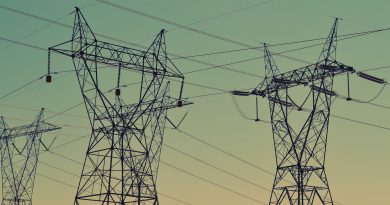Photo by Daniel Schludi on Unsplash
Future Perfect
O tempo verbal future perfect é usado para se referir a uma ação que terá terminado em um tempo pré-determinado no futuro.
Exemplos
They will have finished the report by 5 o’clock tomorrow.
Eles terão terminado o relatório por volta das 5 da tarde amanhã.
Este tempo verbal é usado em sentenças com as seguintes expressões de tempo: by, by the time, before, until, by then, etc.
Após as expressões by the time, until, before, nós usamos o tempo present simple porque eles introduzem cláusulas de tempo. Os tempos verbais future perfect e future perfect continuous podem vir antes ou depois da cláusula temporal.
Exemplos
I will have finished my homework by the time you get back.
Eu terei terminado meu dever de casa quando você retornar.
By the time she finishes her exam, we will have been waiting for over three hours.
Quando ela terminar o seu exame, nós teremos estado esperando por mais de três horas.
Future Perfect Continuous
O tempo verbal future perfect continuous é usado para enfatizar a duração de uma ação até um tempo determinado no futuro.
Exemplos
By the time John retires, he will have been working in the same company for forty years.
Quando John se aposentar, ele terá trabalhado na mesma empresa por quarenta anos.
Quadro Resumo
| Future Perfect | ||||||||
|---|---|---|---|---|---|---|---|---|
| Affirmative | Interrogative | Negative | ||||||
| I He/She/It You/We/They |
will (‘ll) | have left | Will | I He/She/It You/We/They |
have left? | I He/She/It You/We/They |
will not (won’t) | have left |
| Future Perfect Continuous | ||||||||
| Affirmative | Interrogative | Negative | ||||||
| I He/She/It You/We/They |
will (‘ll) | have been working | Will | I He/She/It You/We/They |
have been working? | I He/She/It You/We/They |
will not (won’t) | have been working |









